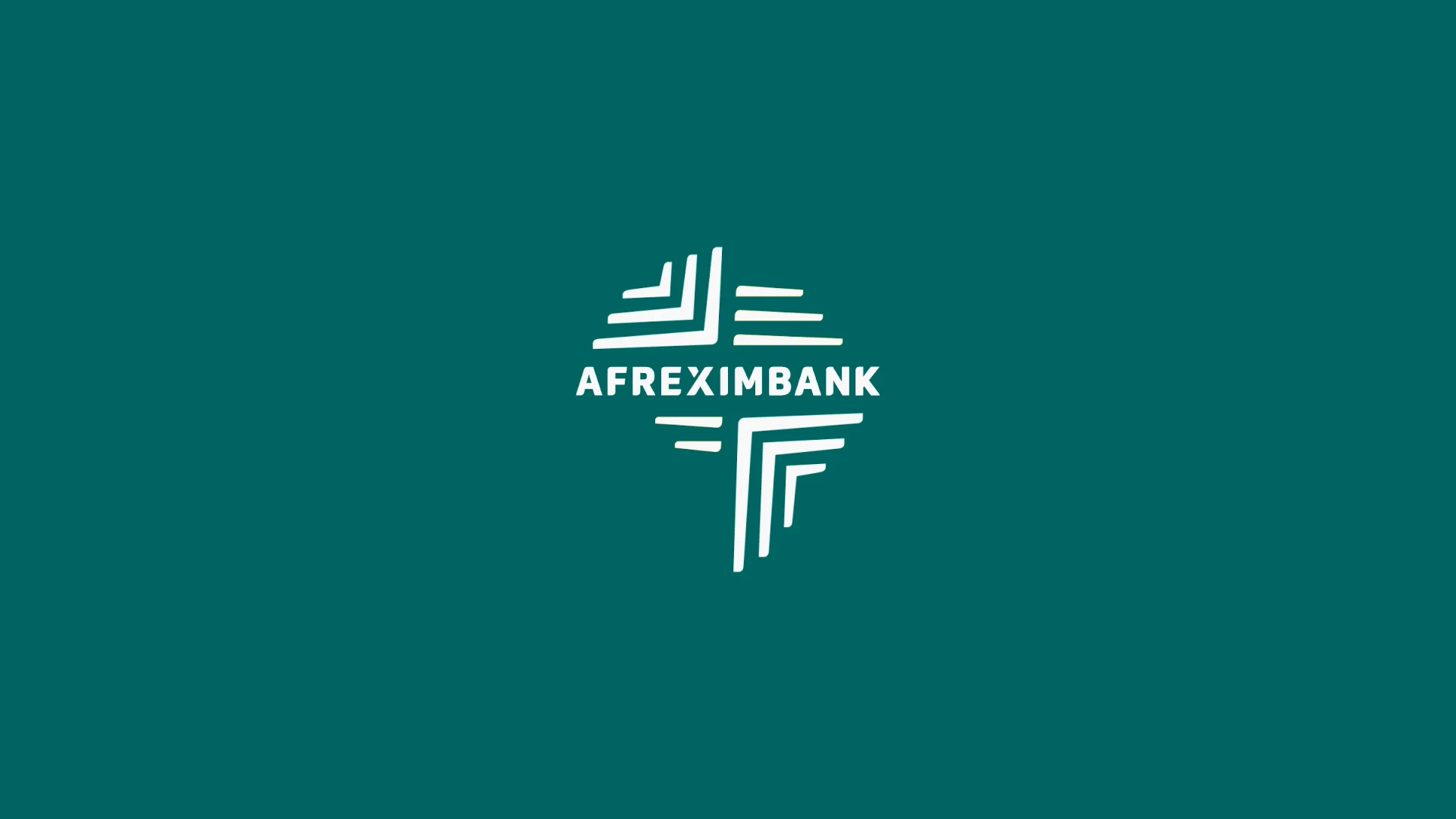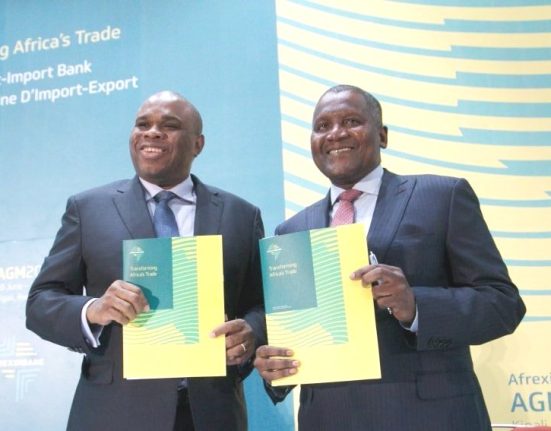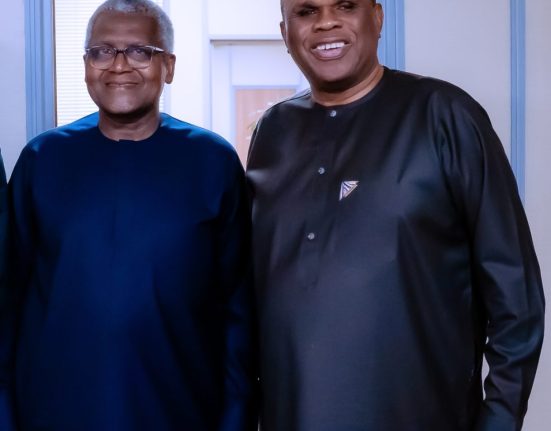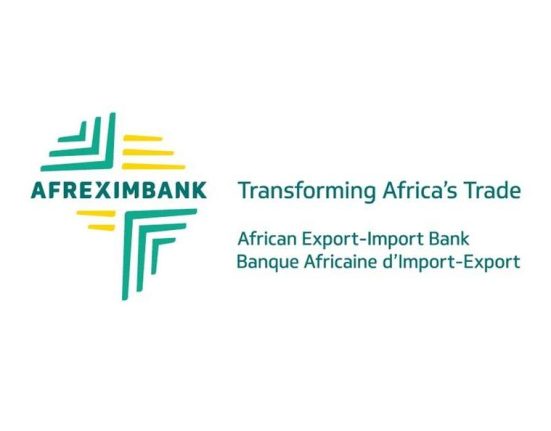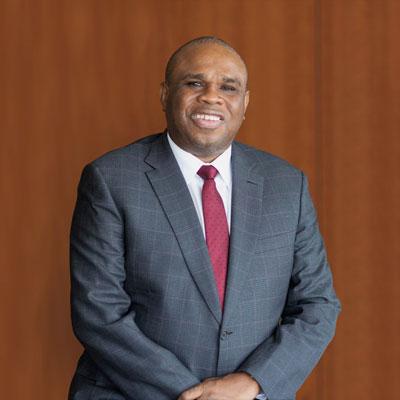Abuja, Nigeria June 28, 2025
Nigeria’s struggling textile sector is set for a colossal boost! The African Export Import Bank (Afreximbank) announced Friday it will start building a gigantic $5 billion integrated textile factory right here in Nigeria next month.
This mega project, revealed by Afreximbank’s outgoing President, Benedict Oramah, is a major part of the bank’s push to industrialize Africa. It aims to breathe life back into Nigeria’s almost dead cotton industry and slash the country’s massive spending on imported fabrics.
Game Changer for Nigeria:
- Huge Import Savings: The bank predicts this single facility could save Nigeria a staggering $4.7 BILLION every year currently spent bringing in foreign textiles.
- Jobs Bonanza: Up to 250,000 new jobs are expected to be created – a massive shot in the arm for Nigerian workers and families.
- Cotton Comeback: Nigerian cotton farmers are set to get a major new market, reviving the entire cotton growing chain.
Powerful Partners:
Afreximbank isn’t doing this alone. They’ve teamed up with Arise Integrated Industrial Platforms (Arise IIP) and Reiter, a top Swiss textile machinery maker. Even the Swiss government is backing the plan.
“This will be one of the largest textile facilities anywhere,” declared President Oramah during the closing session of Afreximbank’s big 32nd Annual Meetings in Abuja. “It’s a $5 billion partnership… and it shows our deep commitment. Industrialization isn’t just an option; it’s the absolute cornerstone for transforming Africa’s economy.”
Why It Matters:
This isn’t just about clothes. This massive textile hub represents a serious shift. Afreximbank is putting billions directly into building factories and industries in Africa, moving beyond just financing trade. For Nigeria, it means potentially:
- Billions of Naira saved on imports.
- Hundreds of thousands of desperately needed new jobs.
- A revitalized agricultural sector supplying cotton.
- Nigeria becoming a major textile producer again.
Construction kicks off in July. The eyes of Africa, and the global textile industry, are now firmly fixed on Nigeria.

